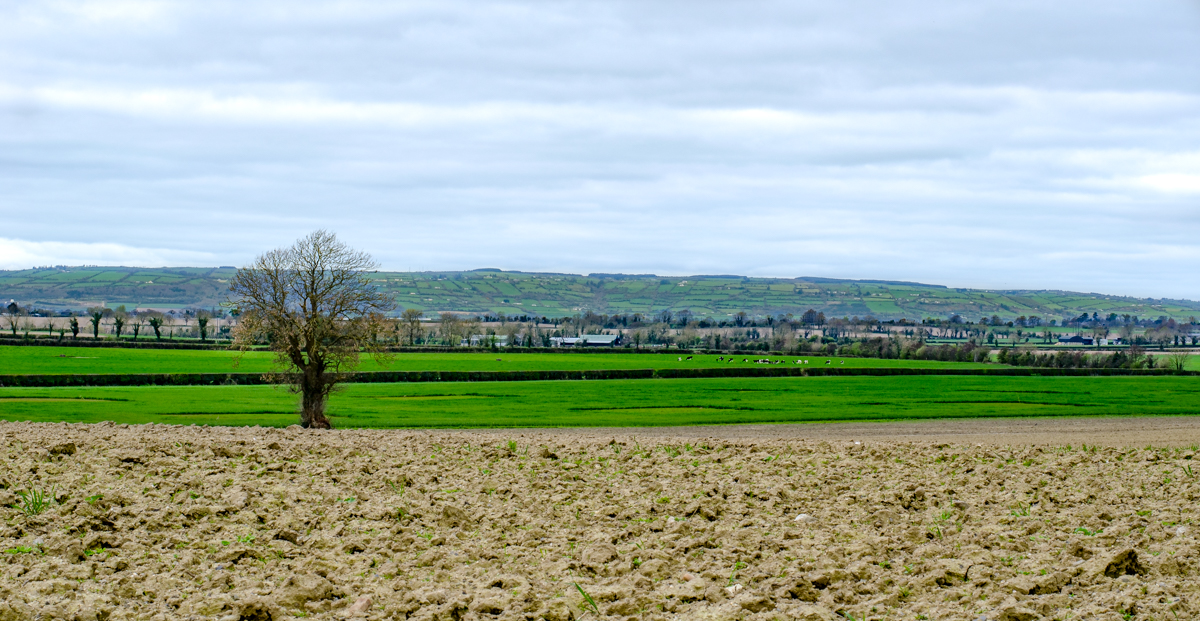Farm organisation leaders have this week outlined their concerns following the announcement by MEP Sean Kelly, that the current 2014-2020 Common Agricultural Policy (CAP) programme is likely to be rolled over for an additional two years.
Kelly – who was speaking on FarmLand – said the much-anticipated reform of the CAP post-2020 is now expected to be pushed back due to increasing deadline pressures in Brussels ahead of the upcoming European elections in May.
He also advised farmers that the situation may not be as “catastrophic” as they had envisaged.
The Irish Cattle and Sheep Farmers’ Association (ICSA) says that – while at this stage – the roll-over is “inevitable” and the major concern is the budget and whether or not it will remain the same.
‘Bridging the Gap’
President of the ICMSA Pat McCormack told AgriLand that it is essential that farmers’ payments are maintained at current levels.
This, he added, would result in the remaining 27 member states bridging the Brexit gap.
If that is what’s required then that is what will have to happen.
McCormack continued: “Many farmers will be coming to the end of their terms in schemes such as GLAS; these schemes and related payments should be extended until such time as the new CAP structure is finalised and operational.”
Relying on stability
Eddie Punch, general secretary of the ICSA, said that even trying to surmise now as to whether the CAP budget would remain on the same par as to that of prior to the roll-over “is pie in the sky”.
“There were proposals from the European Commission last summer that the CAP budget would be cut by 5% and it is unclear as to what is actually going to happen with that proposal,” added Punch.
Punch continued: “The ICSA would also be in favour of capping payments to farmers. I don’t know if this can be brought in at this stage; but one thing is for sure – there needs to be new ways of distributing CAP funds.”
Continuing, he said that there is one positive sign from Kelly’s announcement and it is this: “At least we have some stability now that we know that there will be CAP funding in place for the next two years.”
